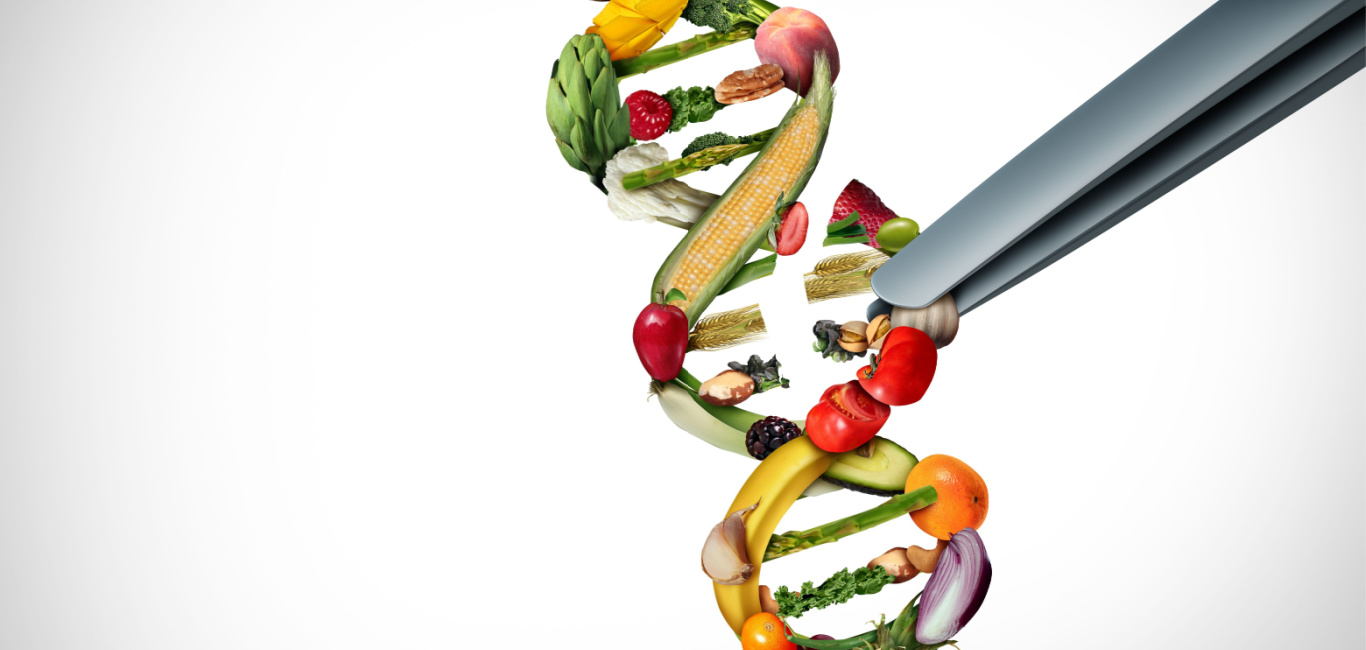
A 2023 study, Genetics of vegetarianism: A genome-wide association study published in the PLUS ONE journal indicates that genes can partly be the reason behind some people choosing to be long-term strict vegetarians.
In this study, the researchers compare the gene information of people with specific traits (vegetarianism, in this case) with those who do not have them. If the gene variation is consistent, then the genes are possibly associated with those traits.
“Prior studies have shown that a large proportion (approximately half) of self-described vegetarians report consuming meat products when responding to detailed questionnaires. This suggests that many people who want to be vegetarian are not able to adhere to a vegetarian diet,” Nabeel Yaseen, the lead researcher of the study told Happiest Health.
He adds that multiple prior studies have demonstrated that genetics plays a significant role in food choices. These considerations led Yaseen and his team to explore the possibility that adherence to a strict vegetarian diet is influenced by genetics.
The study involved comparing the genetic information (collected from the UK Biobank, a large-scale biomedical database) of 5,324 strict vegetarians to 329,455 non-vegetarians. The researchers identified variations in 34 genes that may be the reason for vegetarianism.
This result has led scientists to understand how our body processes lipids and its resulting effect on the brain influences the dietary choices of a person.
“We do not yet know which gene variants are critical for vegetarianism but based on the known functions and associations of some of the genes we identified, we speculate that the role of genetics in vegetarianism may be related to lipid metabolism and its effects on the brain,” says Yaseen.
Besides, this study emphasises that more studies are necessary on the subject, especially on the potential differences between lipid synthesis and metabolism (how our body produces and uses fats for the bodily functions) in vegetarians and non-vegetarians. This includes the physiological pathways involved in vegetarianism.
The researchers suggest that understanding these pathways further can help nutritionists tailor more effective diets based on one’s genetic information. “We hope that follow-up studies will shed more light on the genetics and physiology of vegetarianism, thus enabling us to provide personalised dietary recommendations and perhaps lead to the production of better meat substitutes,” says Yaseen.
Also Read | A comprehensive guide to balanced diet

















